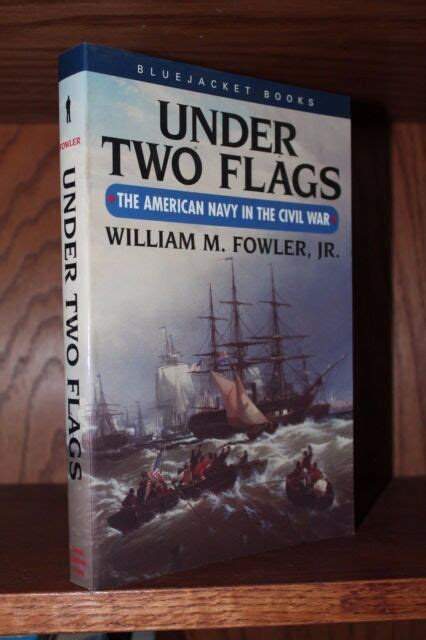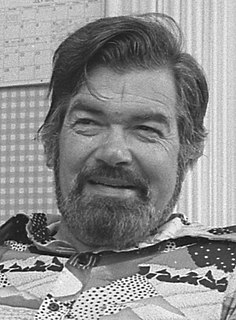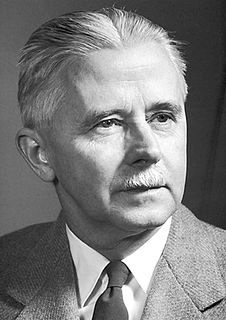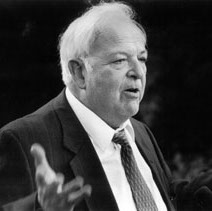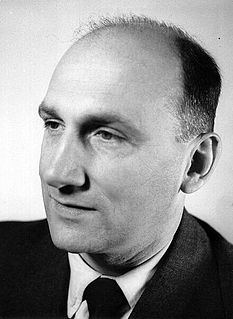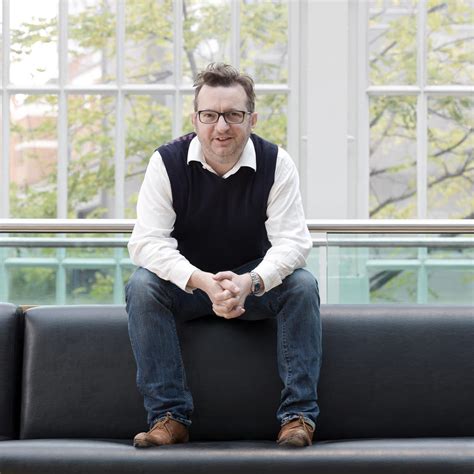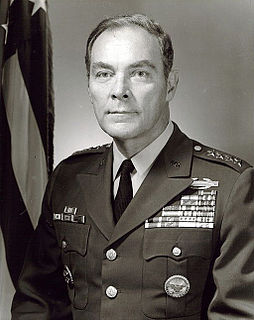A Quote by Wong Kar-wai
The laboratory where we stored all our negatives went bankrupt overnight following the Asian economic crisis in 1997. So, on short notice, we had to retrieve all the materials in the middle of the night before the debtor-receiver took over the laboratory the next morning.
Related Quotes
In my own house I rigged up a laboratory and studied chemistry in the evenings, determined that there should be nothing in the manufacture of steel that I would not know. Although I had received no technical education I made myself master of chemistry and of the laboratory, which proved of lasting value.
The problem ... is that we have run out of dinosaurs to form oil with. Scientists working for the Department of Energy have tried to form oil using other animals; they've piled thousands of tons of sand and Middle Eastern countries on top of cows, raccoons, haddock, laboratory rats, etc., but so far all they have managed to do is run up an enormous bulldozer-rental bill and anger a lot of Middle Eastern persons. None of the animals turned into oil, although most of the laboratory rats developed cancer.
The close of my studies with a degree of a Dr. Ing. in 1929 coincided with the great economic crisis, and I was not able to find an academic position. I was therefore very grateful for a position in the newly created laboratory of G.J. Driza in Prague where rare chemicals were produced on small scale.
When one studies strongly radioactive substances special precautions must be taken if one wishes to be able to take delicate measurements. The various objects used in a chemical laboratory and those used in a chemical laboratory, and those which serve for experiments in physics, become radioactive in a short time and act upon photographic plates through black paper. Dust, the air of the room, and one's clothes all become radioactive.
I'm so thankful when I have a job. I would say the worst job I ever had was the one I quit after the first night. I was an overnight restaurant janitor. And it wasn't because of the job. We had to do four restaurants in the night, overnight. But I was working with a den of thieves. I just quit the next day.
You know, it's very clear, as one looks back on history again of the Cold War that, following the crisis in Cuba, following the Khrushchev - beating down of Jack Kennedy in Vienna, that President Kennedy believed that we had to join the battle for the Third World, and the next crisis that developed in that regards was Vietnam.

